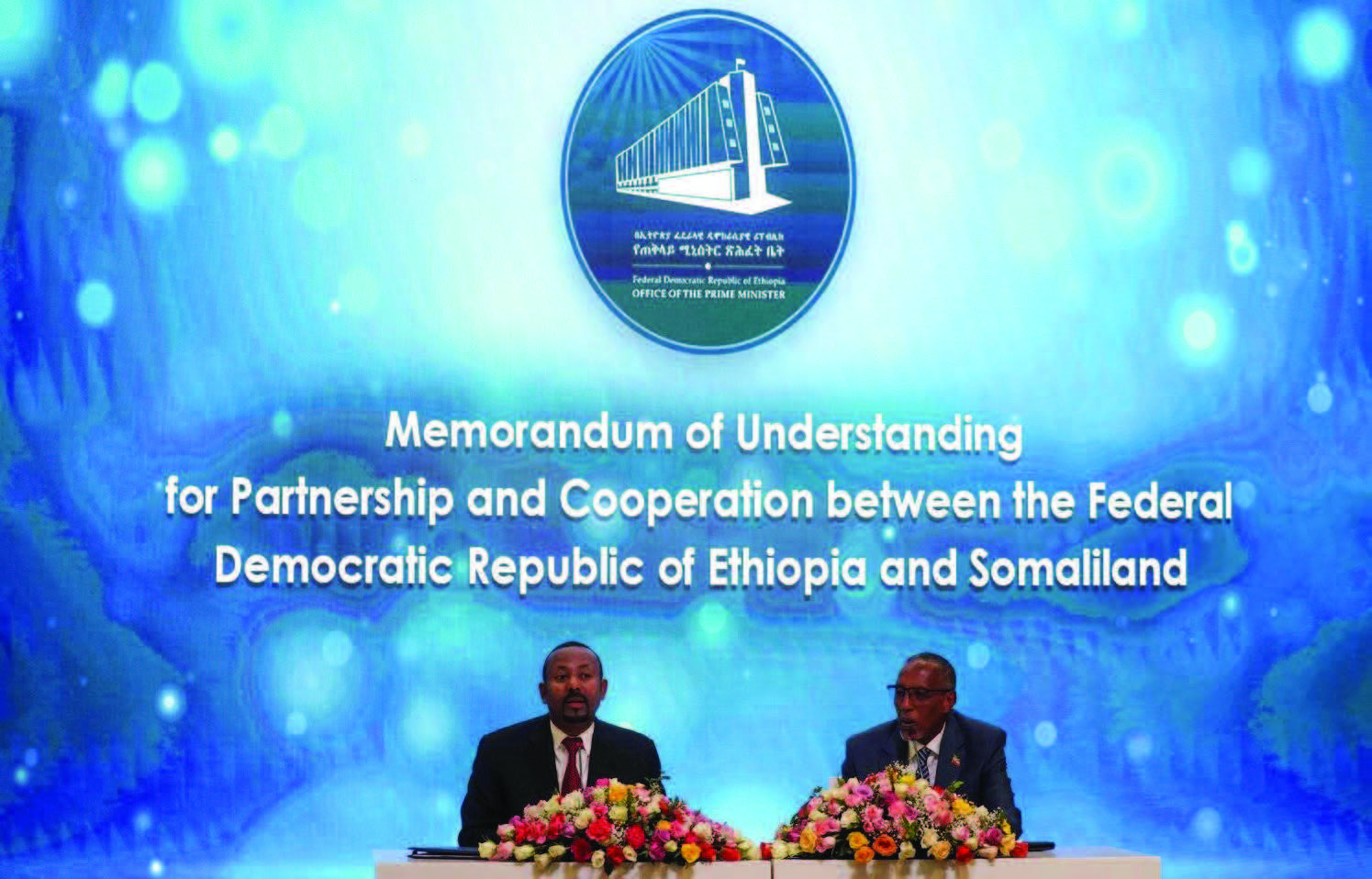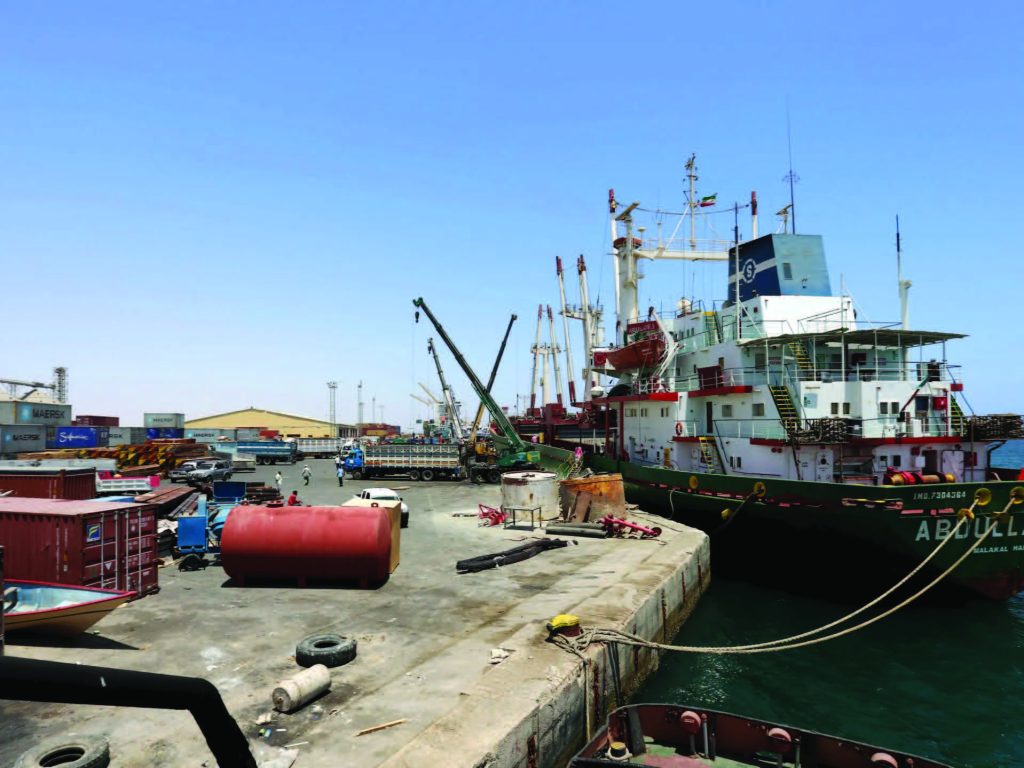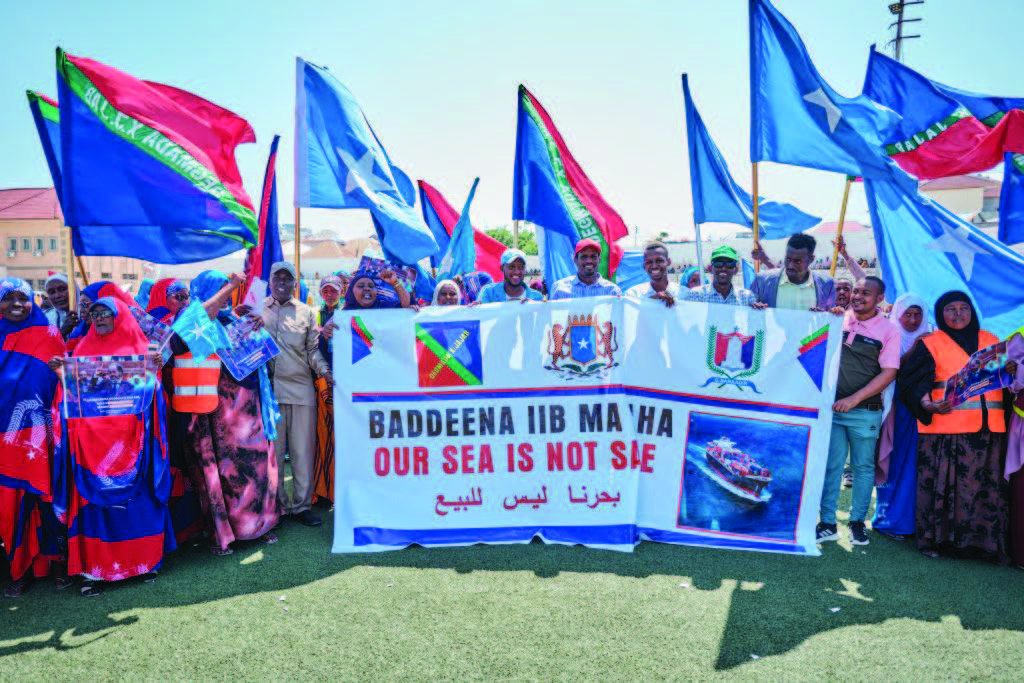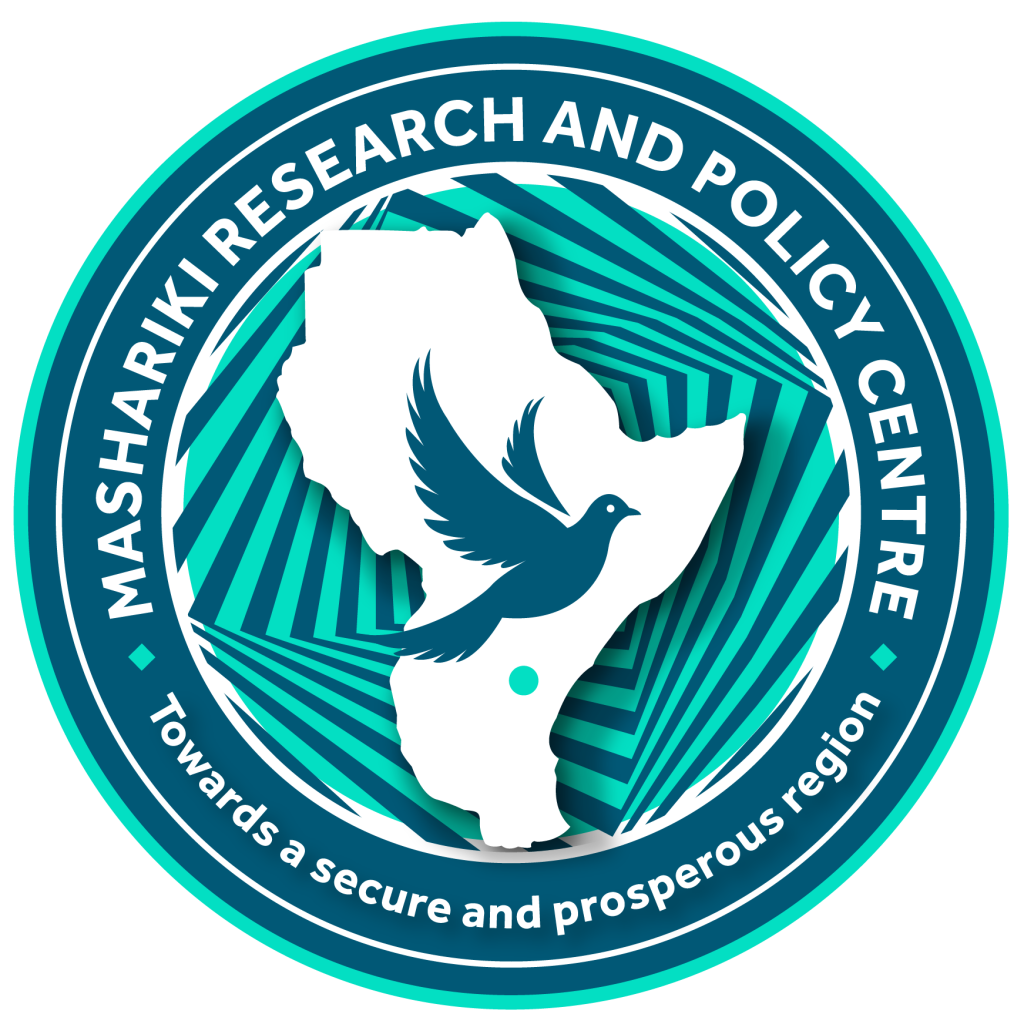
The Memorandum of Understanding (MoU) signed between Ethiopia and Somaliland on 1st January 2024 continues to stir up tensions in the Horn of Africa (HoA) region posing a threat to regional security and stability. The non-binding agreement gives Ethiopia commercial access to its ports and allows the establishment of a naval base in Somaliland, by leasing 20 kilometers of its coastline to Ethiopia for 50 years. In return, Somaliland would receive formal recognition as an independent sovereign state and obtain a share of ownership in Ethiopia’s leading airline, Ethiopian Airlines. While the agreement offers prospects of economic growth and enhanced connectivity, it also introduces challenges regarding security, geopolitics, and maritime stability which could further disrupt the already fragile region. This commentary delves into the multifaceted implications of the port agreement on regional security in the HoA region.
The pact has the potential to exacerbate interstate tensions and fuel existing conflicts in the region. Somaliland which declared itself as an independent state in 1991 after the fall of Siad Barre’s government has long sought to gain recognition as a sovereign state. Recognition by Ethiopia due to the port deal has potential for conflict escalation with Mogadishu. Conversely, Somalia, which has had simmering relations with Ethiopia over the years, has already accused Ethiopia of aggression and vows to preserve its territorial integrity and sovereignty. This has already heightened security concerns and led to diplomatic tensions between the two neighbors, resulting to the former recalling her ambassador. In addition, Somalia has signed a law nullifying the port deal.
The dispute will also undermine regional counter-terrorism efforts including the operational effectiveness of the African Union Transition Mission in Somalia (ATMIS), with mandate to combat terrorism threats linked to the Al-Shabaab (AS) terrorist group. Ethiopia is a key troop contributing country to the mission. Currently, Ethiopia has about 4,000 troops deployed in Somalia as part of the ATMIS and another 1,000 troops deployed as part of bilateral agreements with Somalia. So its perceived aggression will complicate the realization of the mission’s objective as it will undermine the continued presence of Ethiopian troops in Somalia.[1]It will also disrupt collaborative intelligence sharing, and joint military coordination. This will impair ATMIS’ capacity to effectively address terrorist threats, especially in Southern and Central Somalia where Ethiopian troops are deployed. Additionally, AS could exploit this stand off to fuel extremism in the HoA region, open fronts for recruitment and orchestrate targeted attacks on the Ethiopian troops in Somalia. It should be noted that on January 2, 2024, Ali Mohamud Rage, the AS spokesperson criticized the port deal and promised decisive actions from the AS against those implementing the deal[2].
Additionally, the port agreement holds significant geopolitical implications for the Horn of Africa (HoA) region, with the potential to destabilize the region through shifting alliances and power dynamics.

There is already involvement of external actors with interests in the HoA. The agreement has attracted differing perspectives from various actors such as Qatar, Turkey, China, the European Union, the United Kingdom, the Organization of Islamic Cooperation, and the United States. As geopolitical actors take sides in the port dispute, the geopolitical rivalry over Somalia’s maritime resources could potentially escalate into proxy conflicts, exacerbating regional instability. The recent Somalia-Turkey defence and economic cooperation in February 2024 further complicates this dispute.
Situated in the Gulf of Aden, a critical maritime trade route, any disruption at the Berbera port will negatively affect international trade and security. The port gives Ethiopia access to the Red Sea which is a crucial trading route accounting for 11% of global trade[3]. Consequently, tensions over the port could disrupt global supply chains, driving up shipping expenses. As a result, this could have adverse effects on both global and regional commodity prices and availability.

In conclusion, the port agreement between Ethiopia and Somaliland has the potential to disrupt peace and stability in the HoA region. The deal will continue to exacerbate interstate tensions, undermine regional counter-terrorism efforts, intensify geopolitical rivalries and negatively impact on international trade and security. Immediate and comprehensive interventions are therefore required to prevent these tensions from escalating into open violence. Regional organizations such as the African Union (AU) and the Intergovernmental Authority on Development (IGAD) have been actively involved in addressing the diplomatic tiff between the two countries. The 42nd IGAD Summit held in Uganda in January 2024, called for the de-escalation of the dispute and for the parties involved to engage in constructive dialogue.[1] This is a commendable effort, though it is yet to yield significant results, with Somalia insisting on the nullification of the agreement before engaging in talks. It is hence recommended that both AU and IGAD should synchronize their efforts and engage impartial third-party mediators, to facilitate negotiations between the two states. Priority should be given to dialogue and consensus-building. Additionally, IGAD and AU with the support of the international community should exert pressure on both parties to engage in direct face-to-face talks to resolve the dispute. Geopolitical actors should also be urged to refrain from interference in the ongoing dispute to allow the parties in conflict to reach a mutually acceptable resolution.
[1] https://www.understandingwar.org/backgrounder/salafi-jihadi-movement-update-special-edition-ethiopia-somaliland-port-deal-alters-horn (Accessed February 10 2024)
[2] https://www.fdd.org/analysis/2024/01/02/shabaab-says-it-rejects-red-sea-access-deal-between-ethiopia-and-somaliland/ (Accessed February 15 2024)
[3] https://www.weforum.org/agenda/2024/02/red-sea-attacks-trade-experts-houthi-shipping-yemen/#:~:text=Although%20shipping%20rates%20have%20risen,to%20disrupt%20the%20world%20economy (Accessed 24 February 2024)
[4] https://igad.int/communique-of-the-42nd-extraordinary-assembly-of-igad-heads-of-state-and-government/ (Accessed 21 March 2024)
